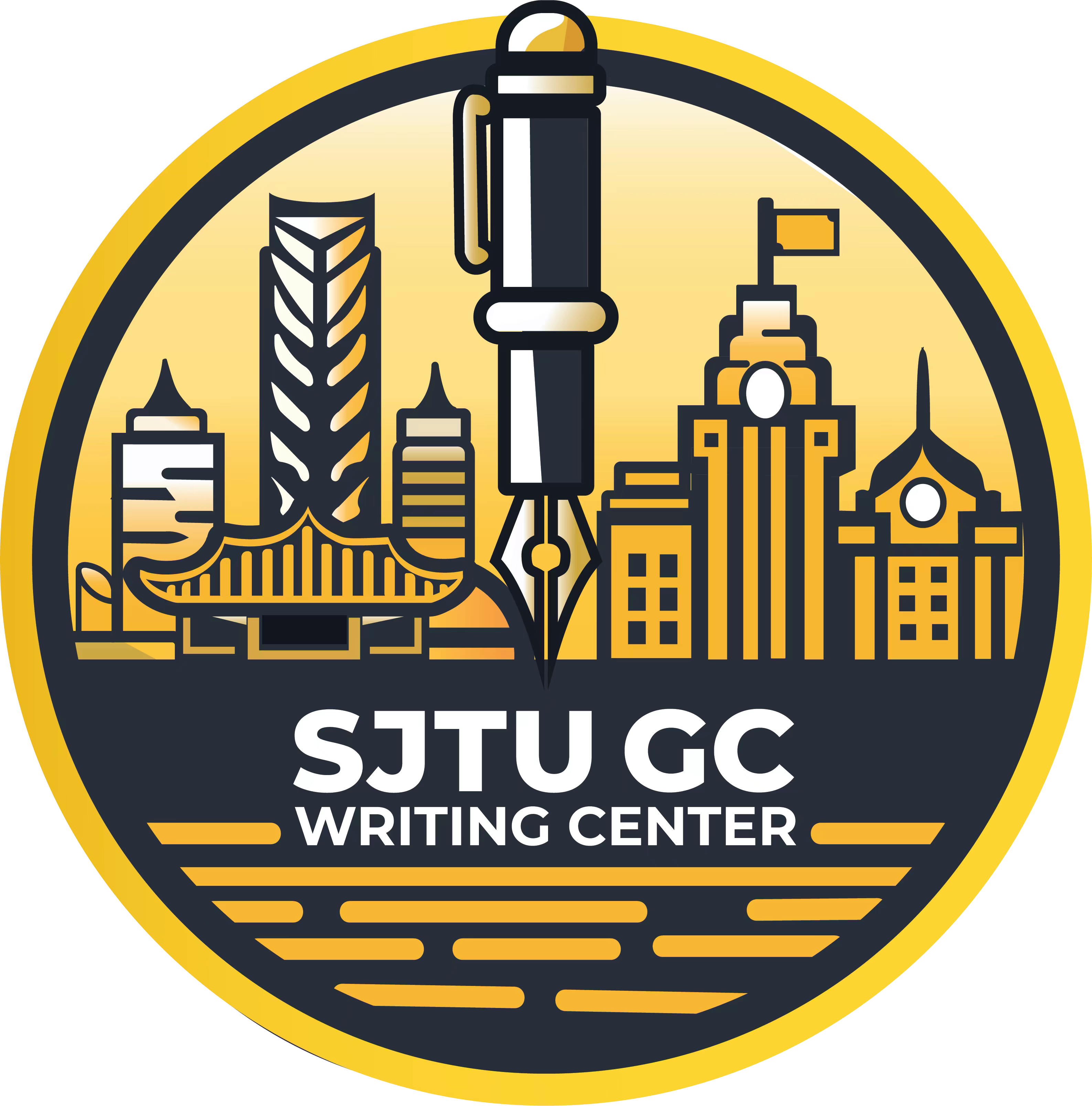Word Precision
Using accurate words to express ideas and thoughts clearly is a basic requirement for writers. However, when conducting academic writing, many JI students seem at a loss when faced with the choice of words. They often use words that do not fit into the context or cannot convey the writer’s original intentions correctly.
Inaccurate or illogical uses of words undermine the precision of language, which consequently affects the fluency of essays and confuses readers. Thus, handling this issue is crucial to improving the quality of articles.
Common Cases
-
Misuse of Conjunction
When writing a paragraph, students often add conjunctions within or between sentences to make them look consistent and organized. However, if writers cannot understand the relationship between two sentences correctly, or don’t know under what context different conjunctions should be used, it’s possible that the conjunctions they use make the sentence group look strange.
For example:
“Nowadays, people are more occupied than before, pursuing a hustle and bustle life. However, the author uses metaphors of animals such as hummingbirds and whales to remind people of enjoying every present moment and experiencing their life.”
The first sentence in this example describes the phenomenon of people being occupied nowadays, while the second illustrates the author’s intention of reminding people to enjoy their life. There is no adversative relationship between the two sentences, so using “However” here as the conjunction is improper. The case can be revised as below:
“Nowadays, people are more occupied than before, pursuing a hustle and bustle life. Noticing this problem, the author uses metaphors of animals such as hummingbirds and whales to remind people of enjoying every present moment and experiencing their life.”
-
Words Inconsistent with Contexts
Sometimes students may change their ideas in the process of composition but forget to adjust the thesis or topic sentences accordingly, thus contributing to the problem. Actually, even if they don’t change their ideas, the word they select can be inconsistent with their context.
For example:
“In this essay, I will state that research is essential to obtaining appropriate viewpoints and making them convincing in creative nonfiction…. First, research plays a significant role in inspiring the author so that he can come up with profound ideas.”
In this example, the writer uses the word “appropriate” in the thesis, but actually what the body paragraph emphasizes is “profound ideas”. Here the usage of “appropriate” is too obscure to clearly convey what the writer wants to express, so it can be changed as below:
“In this essay, I will state that research is essential to obtaining meaningful viewpoints and making them convincing in creative nonfiction…. First, research plays a significant role in inspiring the author so that he can come up with profound ideas.”
-
Blind Pursuit of “Advanced Words”
It’s common for students to apply some seemingly “advanced” words to elaborate their paper. However, the “advanced” words might not fit into the sentences.
For example:
“Ultimately, Ted Lasso examines how interpersonal interactions construct and challenge team identities, emphasizing the tension between individual egos and collective unity in a competitive environment.”
The meaning of “ultimately” is fundamentally or eventually. While Ted Lasso does examine the effect of interpersonal interaction, the ultimate goal of this TV series isn’t the examination. Therefore, using “ultimately” here exaggerates the significance of such an examination. Removing this word might be a better choice.
Solutions
-
Make Clear What to Convey
Create a rough plan about what to write so that the word selection can be consistent. Don’t worry if your ideas change in the writing process. Read through the article and find if there are inconsistent word selections during revision. Replace the inconsistent words with ones that truly symbolize your opinions.
-
Choose Words That Fit
Don’t overly pursue advanced words, since fitness is the key to word selection. Try to find the most proper word that can be embedded into the sentence. For instance, “people wonder” is better than “people think” when you want to emphasize people’s curiosity about something.
-
Be Careful with Conjunctions
While conjunctions help organize sentences, it’s not necessary to add conjunctions to each sentence group. Only use conjunctions when the corresponding relationships do exist. Otherwise, other words can be used to connect sentences in place of conjunctions, as done in the previous example, where “Noticing/Realizing this problem” is used to replace “However”.
-
Make Use of Dictionaries
When in doubt, look up the meaning of words in the dictionary. Refer to monolingual English dictionaries, such as the Longman Dictionary of Contemporary English, instead of only relying on bilingual dictionaries. Read the English explanations for different words and find the differences between words with similar meanings.
